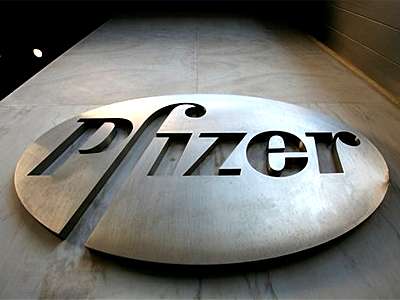
Merck KGaA and Pfizer alliance begins lung cancer study
pharmafile | April 21, 2015 | News story | Research and Development, Sales and Marketing | Merck KGaA, Pfizer, avelumab, keytruda, oncology, opdivo
Merck KGaA and Pfizer have enrolled and treated the first patient in a late-stage study of their anti-PD1 cancer immunotherapy avelumab.
The treatment is being compared with docetaxel in a Phase III trial in 650 patients with stage IIIb or IV non-small cell lung cancer, whose disease has progressed after receiving platinum-containing doublet therapy.
The primary endpoint of the study is overall survival in patients with programmed death-ligand 1 positive (PD-L1+) tumours. The secondary endpoints will be assessed in everyone in the study and will include overall survival, overall response rate, progression-free survival and patient-reported outcomes.
The Merck-Pfizer oncology alliance already has significant ground to make to catch up with immuno-oncology rivals Bristol-Myers Squibb, who are forging ahead with Opdivo (nivolumab) in NSCLC, and Keytruda (pembrolizumab) in melanoma – although manufacturers Merck are also pushing for a lung cancer nod from the FDA.
Merck KGaA and Pfizer have also agreed to co-market Xalkori (crizotinib), another lung cancer treatment, to combine their efforts in oncology.
This Phase III study is the first of several registration trials of avelumab the companies are launching this year to gain approval. The alliance is also launching an international Phase II trial in patients with metastatic Merkel cell carcinoma, a Phase I trial in patients with metastatic or locally advanced solid tumours and a Phase I trial in Japanese patients with metastatic or locally advanced solid tumours.
The whole Phase I programme for avelumab includes more than 840 patients treated across multiple cancers including NSCLC, breast, gastric, ovarian and bladder cancer, melanoma and mesothelioma.
“New and innovative treatment strategies are urgently needed to improve overall survival for patients with NSCLC, and we are investigating avelumab as a potential treatment option for patients with this very difficult-to-treat disease,” says Dr Luciano Rossetti, global head of R&D at Merck KGaA.
“The treatment of the first patient in the Phase III trial is an important milestone for our immuno-oncology alliance.”
For Pfizer, Dr Mace Rothenberg, senior vice president of clinical development and medical affairs and chief medical officer for Pfizer oncology, says: “This trial marks the first of several registration studies we are planning to initiate this year together, and underscores our commitment to accelerating the development of medications for patients with cancer.
“Through this alliance, we will have the opportunity to combine the promising anti-PD-L1 antibody, avelumab, with our combined portfolios of approved and investigational oncology therapies.”
Lilian Anekwe
Related Content

Rethinking oncology trial endpoints with generalised pairwise comparisons
For decades, oncology trials have been anchored to a familiar set of endpoints. Overall survival …

Pharma&’s ovarian cancer therapy approved for use by NHS Scotland
Pharma& has announced that its treatment for ovarian cancer, Rubraca (rucaparib), has been accepted by …

Bio-Rad signs exclusive European distribution deal with Gencurix for oncology testing kits
The agreement expands access to oncology testing kits across Europe






